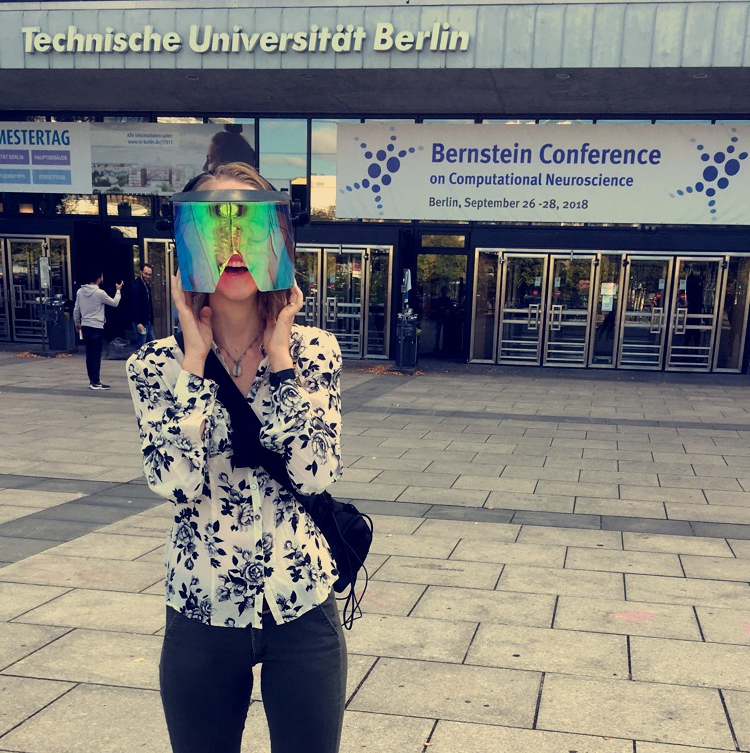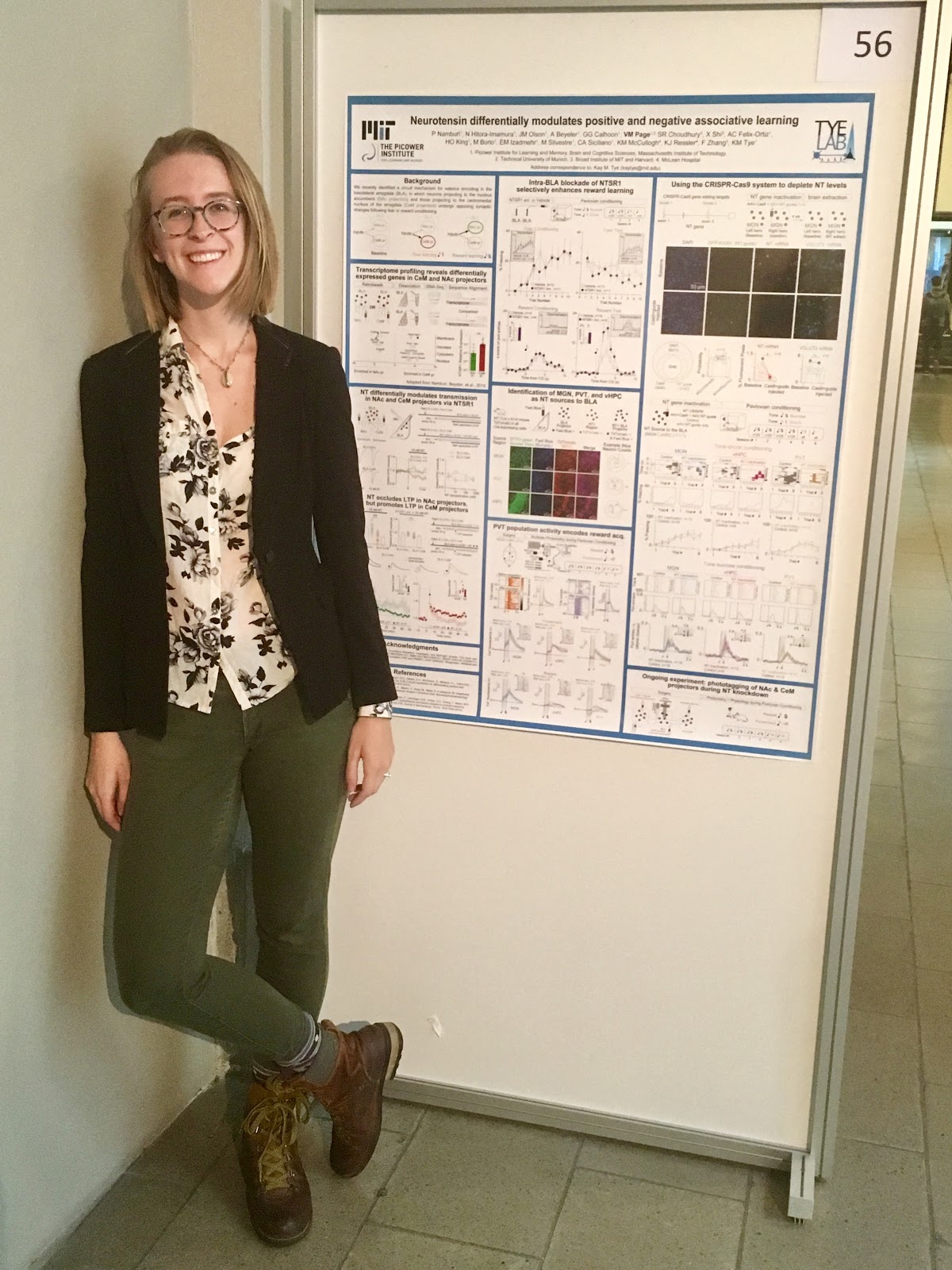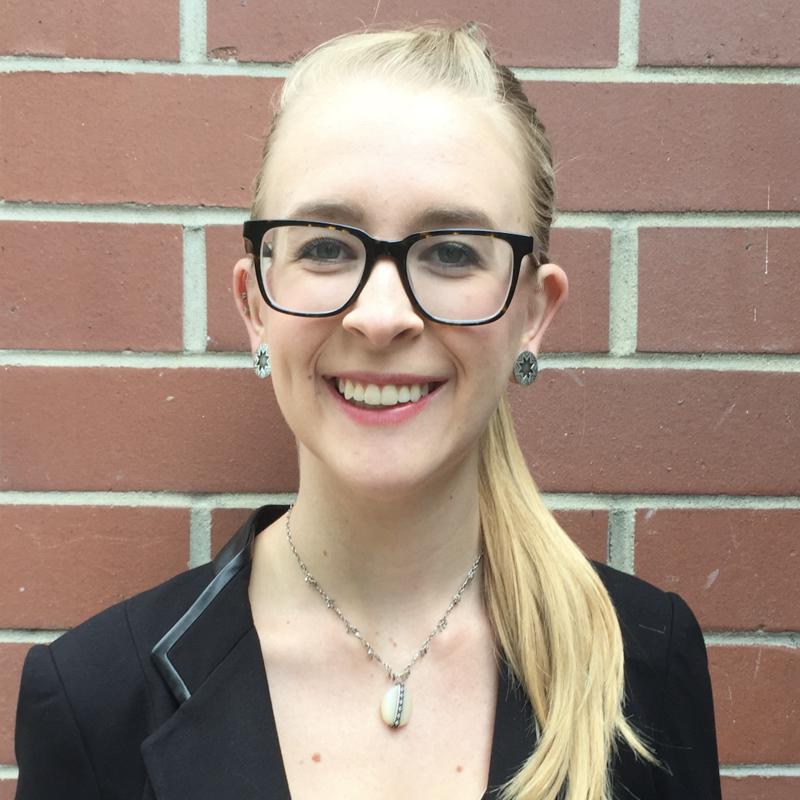The Bernstein Conference for Computational Neuroscience took place at the end of September in Berlin. A group of students from MSNE attended the conference and Vanessa and Mohammad presented a poster from their research projects.
There were a lot of wonderful talks and posters, including a talk from Dr. James DiCarlo from MIT who discussed “Reverse engineering human visual intelligence” that was particularly exciting, and a talk from Tatjana Tchumatchenko from the Max Planck Institute for Brain Research (Frankfurt, Germany) on “How to understand neural network dynamics via intracellular dynamics”.

Some of us also attended the Satellite Workshops on the day before the actual conference. These workshops offered a wide variety of interesting topics, including biologically inspired artificial intelligence, the formation of memory, and predictive coding in the sensory systems. The next day, Prof Wulfram Gerstner, awardee of the Braitenberg award, gave a lecture on spike based computation.
One remarkable part of the conference was a special interactive art experience called “On Display - An Artistic View on Computational Neuroscience“by the artist Yutaka Makino. There was also a discussion panel where the scientific support was from our very own Prof. Stefan Glasauer. The panel discussed the relationship between art and science. The actual art exhibit was ‘interactive’ – the art was an experience rather than a painting. In order to experience the art, you put on a pair of noise-cancelling headphones along with some colorful glasses and then were instructed to walk around and experience the world in a unique way.
Contributions by MSNE students:
- Namburi, P., Hitora-Imamura, N., Olson, J.M., Beyeler, A., Calhoon, G.G., Choudhury, S.R., Shi, X., Ada C. Felix-Ortiz, A.C., King, H.O., Page, V.M., Borio, M., Izadmehr, E.M., Silvestre, M., Siciliano, C.A., McCullogh, K.M., Ressler, K.J., Zhang, F., Tye, K.M. “Neurotensin differentially modulates positive and negative associative learning”
- Bashiri, M., Bai, S., Hemmert, W. “The Effect of Non-Invasive Deep Brain Stimulation via Temporal Interference: A Computational Study”

 Vanessa Page
Vanessa Page
